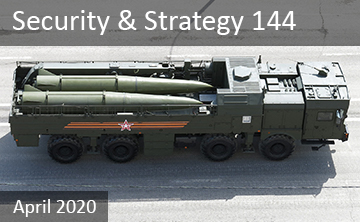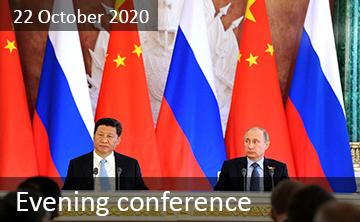
L’implication de la Belgique dans la cyberstratégie euro-atlantique : état des lieux et défis à relever
Cyberattacks are now amongst the highest-likelihood risks in the world, along with natural disasters, large-scale migration movements, inter-state conflicts and terrorist attacks. The potential danger of cyber threats has been known to the EU and NATO ever since the early 2000s, but drawing up a Euro-Atlantic defence cyberstrategy has been for them a relatively recent concern. The development and increased complexity of computer hacking with major military consequences has affected how the EU and NATO are considering cyberspace protection, paving the way for new strategies. To prevent and respond to cyberattacks in a crisis management context, both institutions have recently decided to share a number of information data related to cyber defence in order to avoid redundant activities and capabilities. The crucial challenge Euro-Atlantic defence cyberstrategy is facing is the determining role states can play in protecting information systems and providing potential strategic responses to cyberattacks.
Assessing a nation’s ability to take action in cyberspace differs according to the chosen criteria and remains a difficult process. Belgium, which is comparatively mature in terms of cybersecurity, has been actively contributing to the Euro-Atlantic defence cyberstrategy. The current challenge for Belgian authorities is to adjust the existing legal, organizational and technical means for an appropriate response to cyber threats. This study is in two parts. The first part discusses the impact of increasingly complex hacking events on the implementation of a Euro-Atlantic defence cyberstrategy, with special emphasis on national responsibilities for securing cyberspace stability. The second part studies Belgium’s cyberstrategy and the major challenges it faces in order to meet its Euro-Atlantic cybersecurity and cyber defence obligations.
Download the Security & Strategy 139
(Only available in French)
Research lines: Threats, challenges and strategic responses ; Belgium ; Europe

Related publications and events:

Le « retour » des armes nucléaires non stratégiques
André DUMOULIN

Countering “Hybrid Threats”: Belgium and the Euro-Atlantic Strategy
Estelle HOORICKX




